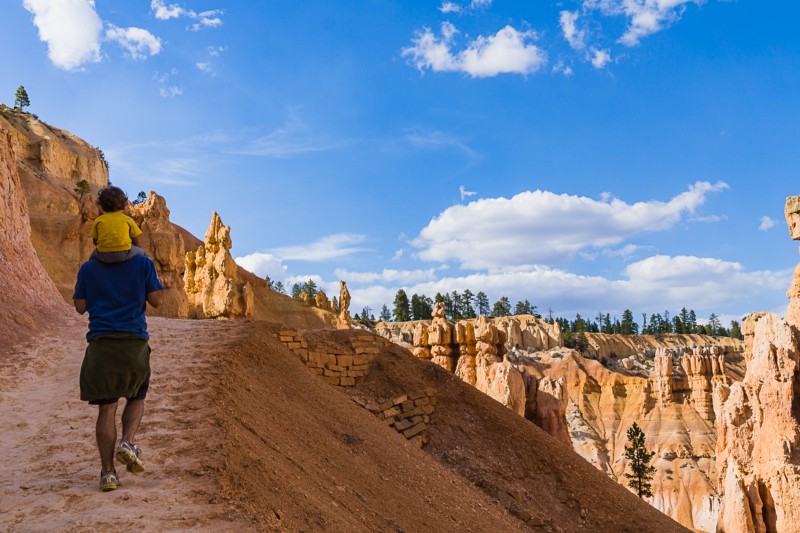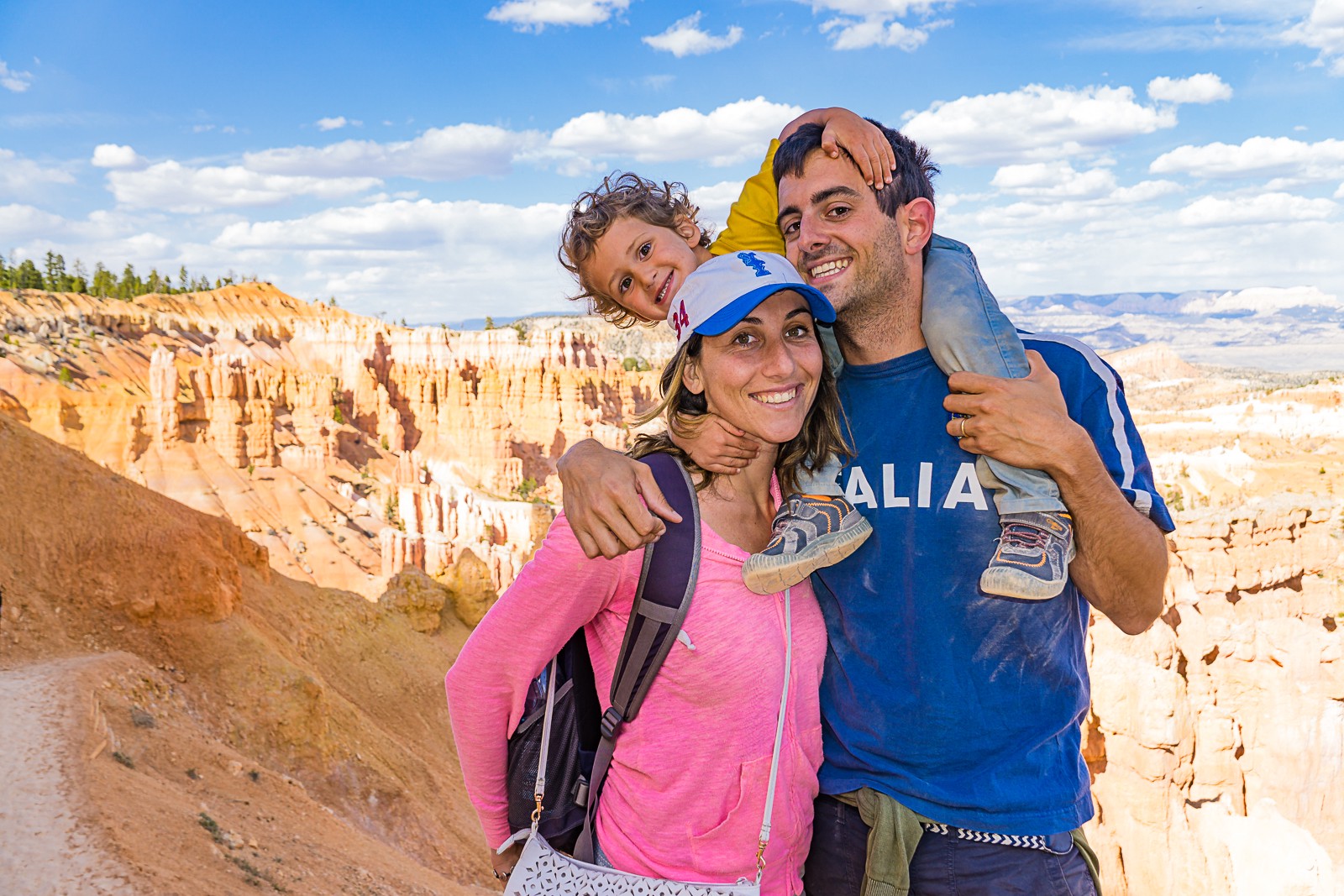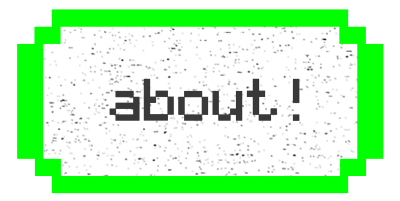
Today I turn 30. I’m not really sure why, but having revolved 30 times around the sun seems to be somewhat of a milestone. I’ll still take the opportunity to reflect on life so far, and what I want it to be in the future.
Sam Altman shared some really good stuff when he did, and I don’t plan on competing. I also don’t plan on releasing 1200+ slides like Ryan Allis did, even tho you should really check them out.
At 30 I find myself very happy in a period of total uncertainty, and wonder how I got here. My life certainly didn’t go according to plan till today, but I must admit I’ve had an unfairly easy time for now.
What I’m happy about is that I don’t have any regrets whatsoever. I’ve always taken decisions very fast and mostly based on gut feeling, and I think this is how I’ll continue to take them in the future.
From not pursuing a Masters degree, moving to SF, getting married, having a kid, moving to the mountains.. if you don’t take the decision, it will not happen. And if you wait for the perfect time or reason, it will never happen.
I found that inertia has to be actively fought, but that life gives you the right clues which are very evident. You just have to act on them.
The regret minimization framework
During these last years, I’ve questioned more and more what I do to make sure that it actually aligns with what I want to be doing and what impact I want to have on the world. I think this shows in the portfolio of Mission and Market, and in the motivations that led me to start Kickpay.
What I’ve found most useful to make these and other decisions is the very simple and probably obvious “regret minimization framework”, illustrated by Jeff Bezos when he explained how he decided to found Amazon.
Up to today, this has made it very easy to answer a lot of questions.
- Would I regret marrying my wife so young? Hells no.
- Would I regret having kids at a young age? Nope.
- Would I regret burning my life working and not spending time with my amazing wife and family? Most definitely.
- Would I regret trying to move to the mountains and live more in harmony with nature, even if it would mean saying no to a lot of cool business and work proposals? Definitely not.
And so now I’m once again left with the question: what would I regret (not) doing when I’m old?
What I’m starting to think more and more is that I would regret a lot not being more active in helping protect the planet from our own uncontrolled growth and consequent devastation.
Leaving a worse planet to my kids than the one I found seems to be too much of a burden to have when you’re old.
As much as I think government will be the #1 driver of change in this matter, I do believe that startups have a lot to say and do about it.
So given that this is all that I’ve been doing for the past years, I think that I’ll have to be more involved in finding, helping, investing in, founding, startups that have a clear goal to preserve our natural resources.
Fortunately this is getting easier by the day with amazing technological innovations happening all around us from nano materials to biotech, AI, financial technology, logistics, and more.
What I’ve found is that investing in companies like Aspiration, Clara Foods, Vitro Labs, has made me more proud than anything else I’ve done and thus think that this could be a clear indication of the path to take.
We’ll see where it leads.
Bonus: some random thoughts on different aspects (some of these are more reminders for myself, but maybe they can be helpful for others.):
On relationships:
- Marry the smartest woman you can find. The advantages are so many more than the disadvantages.
- Marry someone that is not like you but that likes the same things you do, and more importantly values the same values that you hold.
- Nurture your relationship every day, it’s so easy to give it for granted and let it all slip until it eventually breaks. And you do not want that.
- You only have two parents. Spend time with them and care for them. You’ll soon be in their position.
On money:
- The best way to make more than you spend, is to spend little money in the first place.
- The saying that money doesn’t buy happiness is a myth. Unfortunately our world still revolves around sovereign debt money, and to pay for what makes you happy you will need to have sovereign currency.
- This is very different from saying that materialism produces happiness, quite the contrary — but in my opinion you need more than your basic needs to be happy.
My experience has been that happiness comes from:
- 1) loving other people and being able to provide for them (money enables this).
- 2) Having the freedom to live wherever you want and freedom to do whatever work you want (this is also usually enabled by financial security. Ingenuity is a part of it but without money it has too much risk for most people)
- 3) Experiences: travel, sport, food with friends, etc. (all of which are enabled by money).
- In short, money (not a stupid amount of it, but enough) buys happiness for me, but the line is short. Having said that, it’s better to not have much money rather than being miserable trying to make a lot of it.
On kids:
- Kids are 51% the best thing that can ever happen to you and 49% the worst.
- I think it would be perfect if you could have kids 3 weeks out of 4, but unfortunately it doesn’t work like that.
- Your life will change completely, I welcomed the change because 100% of having kids is easily better than 100% of not having kids. But it’s complicated.

Hacker Noon is how hackers start their afternoons. We’re a part of the @AMI family. We are now accepting submissions and happy to discuss advertising & sponsorship opportunities.
If you enjoyed this story, we recommend reading our latest tech stories and trending tech stories. Until next time, don’t take the realities of the world for granted!



